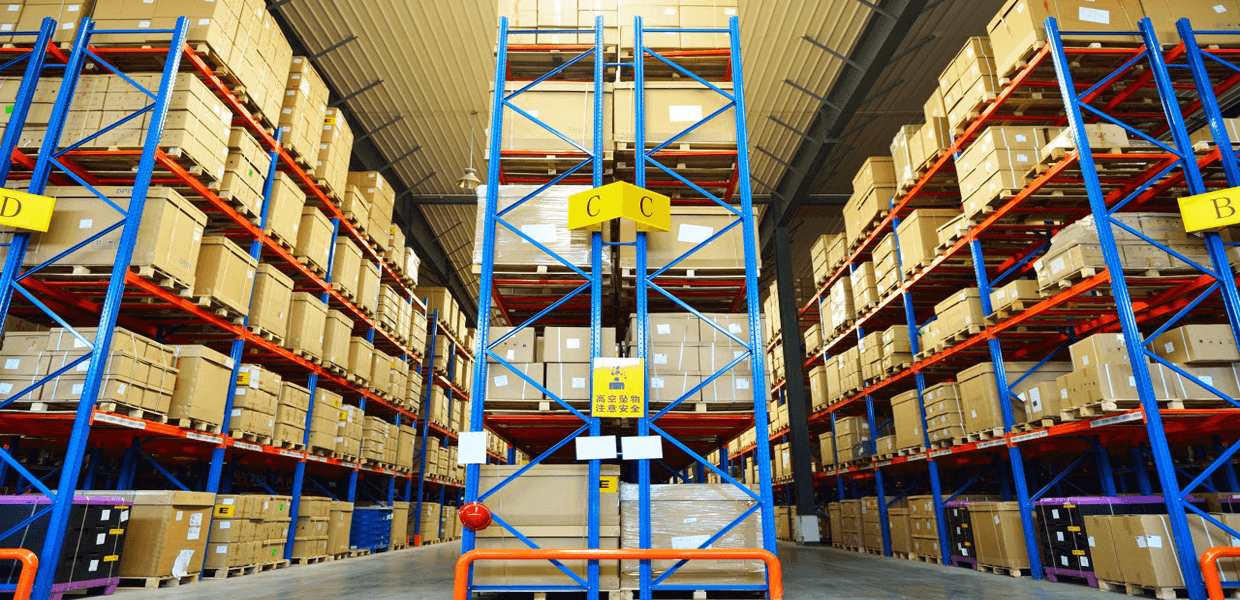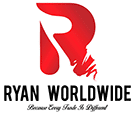
Warehouse Safety and Security: Top Technologies and Practices
Warehouses are core to any business as they meet the needs of all other departments of a business. The safe and secure running of warehouses ensures their smooth functioning, minimizing faulty operations and equipment downtime.
A safe and secure warehouse also minimizes the possibility of on-the-job or occupational injuries and creates a positive work environment for warehouse personnel. This blog explores the top practices and technologies for warehouse safety and security as per industry experts to improve the management of risks in your warehouses.
Best Practices for Warehouse Safety and Security in 2025
Top Measures for Warehouse Safety and Security
-
Regularly Giving Safety Training to Employees:
Regular sessions of safety training can inform employees about the regulations and safety practices put forth by the Occupational Safety and Health Administration (OSHA). Hence, these sessions will equip employees with the skills and knowledge necessary to complete their tasks safely.
-
Inspection and Maintenance of Equipment:
Other important safety measures for warehouses include conducting regular safety inspections. These inspections help identify potential hazards and determine the steps to fix them.
-
Protocols for Fire Safety and Emergency Exits:
As per OSHA standards, when there are more than 10 workers under warehouse management, it should keep in the warehouse a written plan for fire prevention. This will help the warehouse personnel review the plan regularly.
Modern Warehouse Technologies for Safety and Security
-
Smart Surveillance Systems:
CCTV Surveillance: Installing closed-circuit television (CCTV) cameras widely in the warehouse to cover all critical areas, including storage areas, entry/exit points, and loading docks, helps deter theft and monitor activities.
Artificial Intelligence (AI) Analytics: Warehouses can make use of AI-powered solutions to analyze data and predict potential issues. The predictive maintenance feature of these solutions can prevent the risk of accidents due to malfunctioning equipment by predicting any potential equipment failure and scheduling maintenance.
Video analytics powered by AI is also one of the best modern warehouse technologies to automatically detect suspicious activities using CCTV systems and alert security personnel.
-
Access Control Systems:
Access control systems are one of the best practices for warehouse safety and security in 2025. Access control for warehouses uses biometric scanners, key-card systems, or similar measures to restrict entry to the building to authorized personnel only.
-
Real-time Monitoring Using IoT Devices
IoT devices can also constitute good safety measures for warehouses. In particular, IoT sensors monitor humidity, temperature, and other environmental conditions to prevent damage and spoilage to goods. Similarly, IoT wearables can monitor the vital signs of workers and track their movements in real-time to provide alerts in case of accidents or fatigue and help risk management in warehouses.
Practices to Prevent Theft and Unauthorized Access
-
Inventory Audits and Tracking
You should conduct regular auditing and tracking of inventory to identify discrepancies and determine stock levels. The accuracy of these monitorings could be improved using barcode systems and radio-frequency identification (RFID).
-
Cyber-security Measures
Access control for warehouses as they become increasingly digitized also includes implementing cybersecurity measures. Data and warehouse management systems could be protected using encryption, firewalls, and secure passwords.
You should update software and systems as needed to prevent cyber threats and vulnerabilities. Employees should also be trained on the best practices of cyber security to secure login credentials and recognize phishing attempts.
-
Warehouse Security Systems:
An advanced centralized security management system with surveillance cameras and alarms at all access points is to be installed in the warehouse. You should hire a company with expertise in serving sensitive locations like warehouses to install these warehouse security systems.
Such warehouse security systems allow warehouse operators to view high-definition footage in real-time, remotely. With cloud storage, they can also view and examine this footage days later.
-
Secure Storage:
High-value items are to be stored in locked cages or vaults and other secure storage solutions.
Also read: How to Pick the Right Storage Facility in the UAE
Leveraging Automation for Enhanced Safety
-
Automation and Robotics
Implementation of automation and robotics is among the best practices for warehouse safety and security in 2025. can increase efficiency and safety in warehouses. You can use automated guided vehicles (AGVs) to prevent the need for manual handling of goods and use them to transport the goods within the warehouse.
Robotic process automation (RPA) is another safety measure for warehouses to automate repetitive tasks. RPA can then reduce human errors and improve accuracy in such tasks, including inventory counting.
-
Warehouse Drones:
The automated drones designed specifically to perform complex tasks in warehouses such as security, inventory management, and delivery of parts and tools are called warehouse drones. These drones can significantly improve the accuracy of data related to your inventory.
-
Proactive Warehouse Safety with Predictive Analytics
Predictive analytics predict potential safety risks by analyzing current conditions and historical data. These systems help identify potential warehouse hazards and high-risk areas before they become critical and support efficient risk assessment.
Why Should You Choose Ryan Worldwide for Secure Logistics?
Ryan Worldwide has a fully integrated management of logistics & warehouses in Dubai to guarantee reliable and affordable delivery of goods across the logistics chain. We use the service of a highly experienced and impressive team of professionals to offer you better control over the movement of your goods and to ensure cost savings for you.
We are also involved in the operation of vehicle loading and lashing with a capacity of over 200 containers of vehicles moved to several destinations in a month. We also offer container grounding services at our warehouse premises.
Ryan Worldwide also ensures the 24/7 monitoring of your expensive consignments so that you can relax and focus on other important aspects of your business. Contact us to learn more about our best practices for warehouse safety and security in 2025.
Phone: +9714 2528468 (or) +971559020985
email id: info@ryan-worldwide.com


Recent Comments